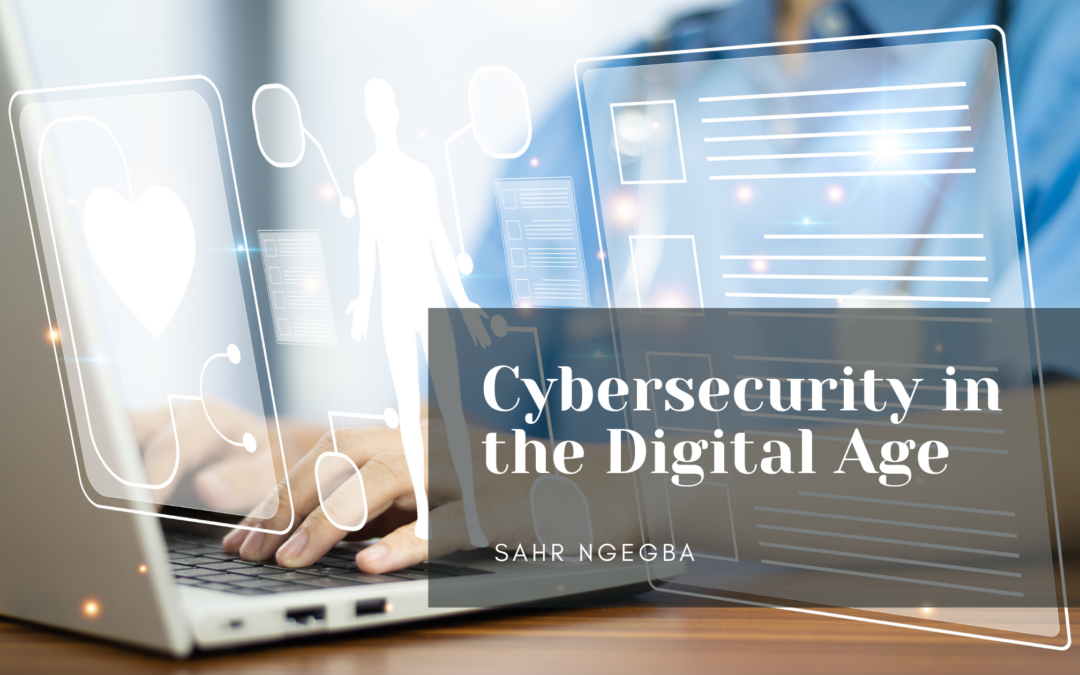The digital age has brought about tremendous advancements in technology, changing the way we live, work, and communicate. However, with the increasing reliance on digital platforms and the internet, the risk of cyber threats and attacks has also grown exponentially. Cybersecurity has become a critical aspect of modern life, aiming to protect individuals, businesses, governments, and organizations from cyber threats, data breaches, and other malicious activities.
The Evolving Cyber Threat Landscape:
In the digital age, cyber threats have become more sophisticated and diverse. Cybercriminals use various methods, such as malware, phishing attacks, ransomware, and social engineering, to exploit vulnerabilities and gain unauthorized access to sensitive information.
Protecting Personal Data:
As individuals, we regularly share personal information online, including financial data, passwords, and sensitive documents. Cybersecurity is essential to protect our data from unauthorized access and misuse.
Safeguarding Business Assets:
For businesses, cybersecurity is crucial to safeguarding valuable assets such as intellectual property, customer data, financial records, and trade secrets. A successful cyberattack can lead to significant financial losses, disrupt operations, damage brand reputation, and result in legal liabilities.
Protecting Critical Infrastructure:
Critical infrastructure, such as power grids, transportation systems, and healthcare facilities, relies heavily on digital technology and connectivity. Cyberattacks targeting critical infrastructure can have severe consequences, affecting public safety and essential services.
Cybersecurity in Government and Defense:
Governments and defense agencies handle vast amounts of sensitive information, including national security data and classified intelligence. Cybersecurity is a top priority for governments worldwide to protect against cyber espionage, cyber warfare, and attacks from state-sponsored actors and terrorist organizations.
The Internet of Things (IoT) Security:
The proliferation of internet-connected devices in the IoT poses unique cybersecurity challenges. Many IoT devices lack built-in security features, making them vulnerable to cyberattacks.
Cybersecurity Awareness and Education:
In the digital age, cybersecurity awareness and education are vital for individuals and organizations. Cybersecurity training helps users recognize potential threats, avoid phishing scams, and adopt secure online practices.
Emerging Technologies and Cybersecurity:
As emerging technologies, such as artificial intelligence, blockchain, and quantum computing, become more prominent, they will also present new cybersecurity challenges.
International Cooperation in Cybersecurity:
Cyber threats often transcend national boundaries, requiring international cooperation to combat them effectively. Governments and organizations around the world collaborate on cybersecurity initiatives, information sharing, and best practices to strengthen global cybersecurity resilience.
Cybersecurity is of utmost importance in the digital age, where the increasing dependence on technology has made individuals, businesses, governments, and critical infrastructure more vulnerable to cyber threats. Protecting personal data, safeguarding business assets, securing critical infrastructure, and promoting cybersecurity awareness is essential to maintaining trust, privacy, and security in the digital world.

